Russia says US, France, UK sought to ‘poison’ Syria talks
Russia has accused Britain, France, and the United States of having attempted to “poison” the atmosphere of the latest round of the intra-Syrian negotiations.
Russian Foreign Minister Sergei Lavrov said on Friday that the three countries, which together recently drafted and put to a vote an anti-Syria resolution at the United Nations Security Council, sought to undermine the peace talks by “hurriedly” submitting the draft text at the 15-member Council.
Lavrov said that the measure was taken without any prior discussions and with the knowledge that it would be blocked.
Russia and China, two of the five permanent members of the Council, vetoed the resolution on February 28, when it was put to a vote.
Lavrov said the authors of the motion “wanted the Security Council to split up” at a critical moment when the long-stalled, UN-backed peace talks were being re-launched.
The latest round of the UN-mediated intra-Syrian talks was held in the Swiss city of Geneva between February 23 and March 3. The talks, meant to find a solution to the conflict in Syria, had been stalled for a year.
“The aim was not just divide the UN Security Council but to poison the atmosphere of intra-Syrian talks,” the top Russian diplomat emphasized.
Read more:
The draft resolution would have blacklisted 11 Syrians, mainly military commanders, and 10 entities allegedly linked to at least three attacks involving chlorine gas in 2014 and 2015. It would also have banned the supply of helicopters to Damascus.
Elsewhere in his remarks, Lavrov said that any suspicion about the use of chemicals in Syria should be probed “thoroughly and impartially,” expressing Moscow’s readiness to cooperate with the Organization of the Prohibition of Chemical Weapons (OPCW) in that regard.
The Syrian government has denied using banned weapons in the conflict. In fact, under a deal brokered by Russia and the US back in late 2013, Damascus turned its arsenal of chemical weapons over to international experts, who shipped them out of Syria.

On Friday, after the conclusion of the UN-backed talks in Geneva, UN Special Envoy for Syria Staffan de Mistura said Syria’s warring sides had agreed on a “clear agenda” for the future.
Read more:
The UN envoy said he was planning a new round of Syria peace talks in March.
A separate series of peace talks for Syria have been held by guarantor states Iran, Russia, and Turkey in Kazakhstan’s capital of Astana. The Astana talks complement the UN negotiations, and, most recently, they were hailed for helping end the one-year hiatus in the talks brokered by the world body.
US federal immigration agents detain 5-year-old boy in Minnesota
Trump used presidency to pocket $1.4 billion in first year back in office: Report
EU divided over new Iran sanctions
China hits US with economic counteroffensive after Maduro’s abduction: Report
Ben-Gvir arms more Israeli settlers amid rising violence in West Bank
'Hands on trigger': IRGC warns US and Israel against any miscalculation
VIDEO | US and Israel’s failed terrorism
After Venezuela, Trump sets sight on Cuba for 'regime change': Report


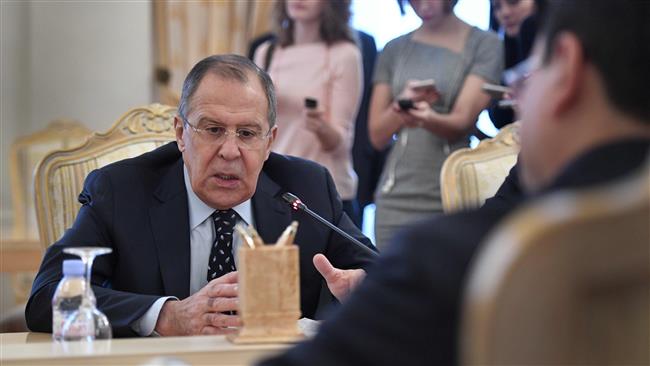
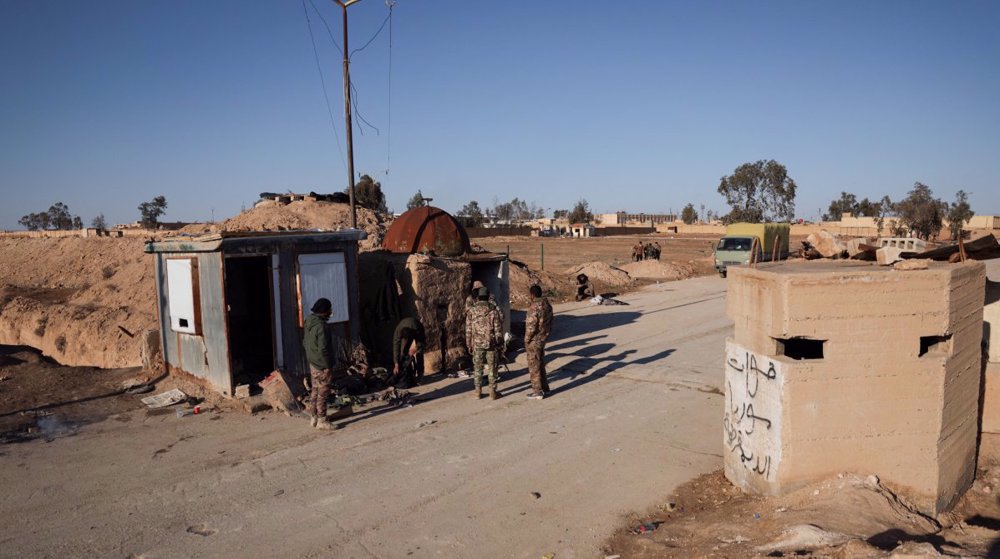
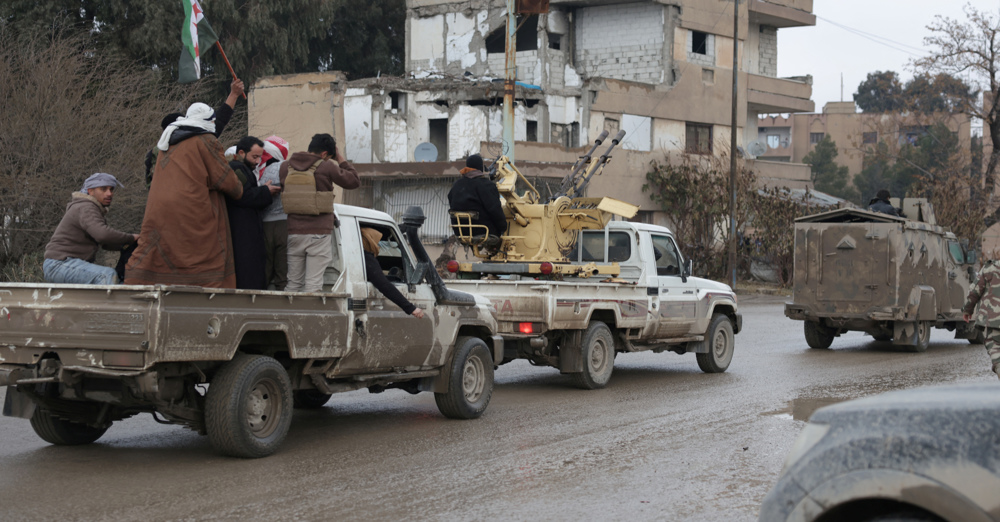
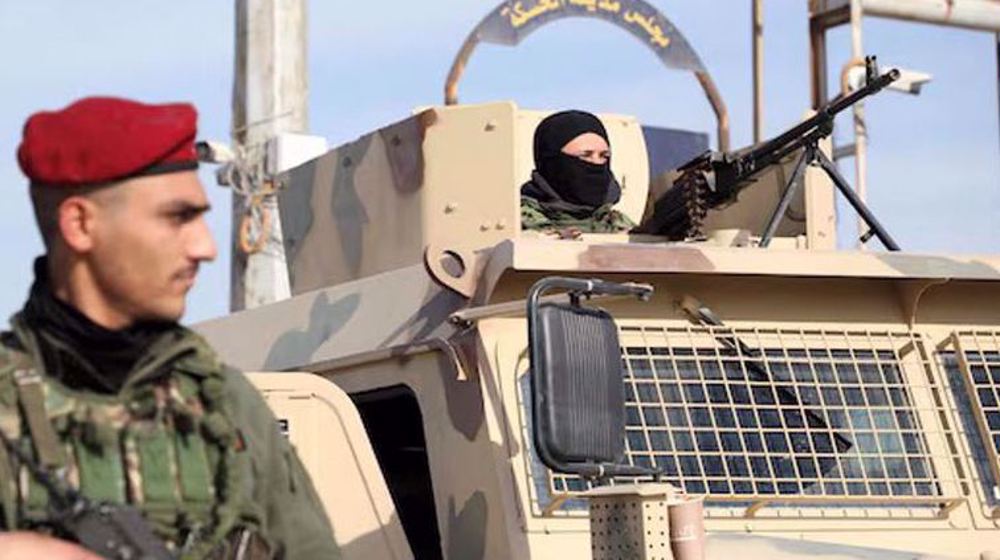






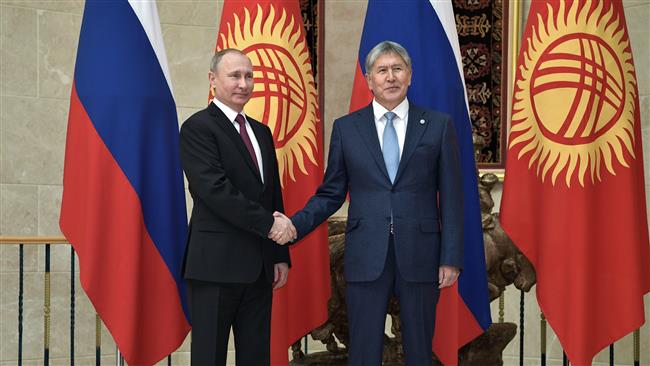
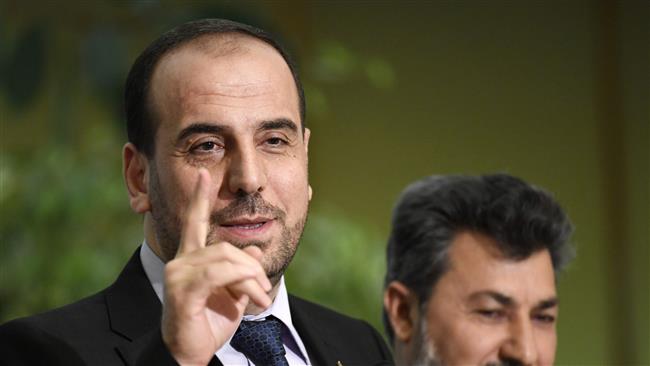

 This makes it easy to access the Press TV website
This makes it easy to access the Press TV website